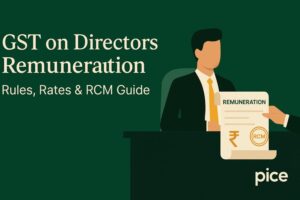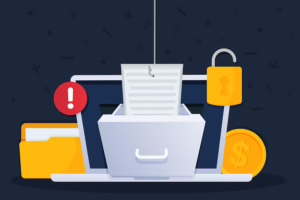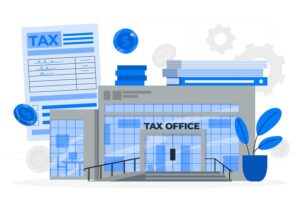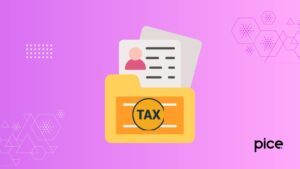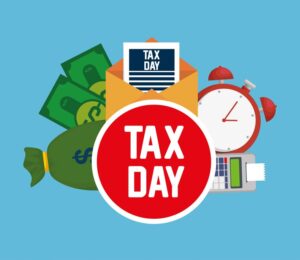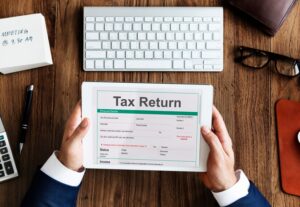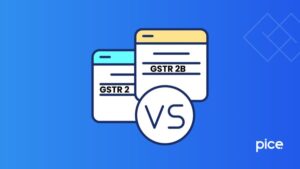Can GST Return Be Filed Without Paying Tax?
- 16 Sep 24
- 10 mins

Can GST Return Be Filed Without Paying Tax?
Key Takeaways
- Filing a GST return without paying tax is possible in specific cases, such as filing nil returns or utilizing input tax credit.
- Filing GST returns through the GST portal is mandatory for maintaining compliance, even if no tax is paid.
- Non-payment of GST can lead to penalties, interest accrual, and legal actions by tax authorities.
- Taxpayers facing cash flow issues can explore partial payments, payment extensions, or installment plans to manage their GST liabilities.
- Understanding the types of GST returns and the implications of non-payment is crucial for businesses to avoid penalties and maintain compliance.
The Goods and Services Tax (GST) is a crucial aspect of India's taxation system, and filing GST returns is a mandatory process for registered taxpayers. However, one common question among taxpayers is whether GST returns can be filed without paying the due tax.
Understanding the Process of Filing GST Returns
Filing GST returns is a structured process that involves the regular submission of forms detailing the taxpayer's outward supply, tax liabilities, input tax credit, and other relevant data. The GST returns must be filed through the GST portal, and the frequency of these filings depends on the type of business and the GST registration status.
Regular taxpayers, composition taxpayers, and Input Service Distributors have different filing requirements. Regular taxpayers are typically required to file monthly returns, such as Form GSTR-1 for outward supplies and Form GSTR-3B for summary returns. Composition taxpayers, on the other hand, file quarterly returns, which are simplified compared to those required from regular taxpayers. The type of GST return to be filed also depends on the nature of the business, annual turnover, and whether the taxpayer is dealing with taxable supplies or exempt goods and services.
💡 If you want to pay your GST with Credit Card, then download Pice Business Payment App. Pice is the one stop app for all paying all your business expenses.
The GST returns process also involves maintaining and reconciling the Electronic Cash Ledger and the Electronic Liability Ledger, which are used to track payments and tax liabilities. The timely payment of tax is crucial as late filing can lead to penalties and interest. The filing of returns is not just about compliance; it’s also essential for claiming input tax credit, which directly affects a business’s cash flow and financial health.
What Happens If You File a GST Return Without Paying Tax?
Filing a GST return without paying the due tax can lead to significant consequences. When a taxpayer files a return but does not make the necessary payment of tax, the GST portal flags this as an incomplete filing. This incomplete filing may prevent the taxpayer from filing subsequent returns, as the system automatically blocks further filings until the outstanding tax liabilities are cleared.
The consequences of filing without payment can also extend to the loss of input tax credit. Since input tax credit is only available if the tax on the corresponding outward supply is paid, businesses may lose the ability to offset their GST liabilities, which can impact their cash flow and increase their tax burden.
Additionally, the taxpayer may face legal implications and penalties for non-payment of tax. The tax authorities may issue notices, and the unpaid tax amount may accrue interest, further escalating the taxpayer's financial obligations. In some cases, the tax authority may also initiate legal proceedings for the recovery of dues, which could result in additional fines and penalties.
Legal Implications and Penalties for Non-Payment of GST
The legal implications of non-payment of GST are stringent and can have far-reaching consequences for the taxpayer. When a GST return is filed without the accompanying payment of tax, the taxpayer is in violation of the GST law, which mandates that the tax due must be paid at the time of filing the return.
One of the immediate penalties is the accrual of interest on the unpaid tax amount. The GST law prescribes an interest rate for late payments, which continues to accumulate until the tax is fully paid. This can significantly increase the overall liability for the taxpayer.
Furthermore, the tax authority may issue a show-cause notice, demanding an explanation for the non-payment. Failure to respond adequately to this notice can lead to more severe actions, such as the freezing of the taxpayer's bank accounts, suspension of GST registration, or even legal prosecution in extreme cases.
The penalties for late filing and non-payment of GST also include monetary fines, which can be a percentage of the unpaid tax or a fixed amount, depending on the severity of the violation. These penalties are designed to ensure compliance and to deter businesses from delaying or avoiding their tax obligations.
Situations Where GST Return Filing Without Payment Is Allowed
There are certain situations where filing a GST return without the immediate payment of tax is permissible under the GST law. These scenarios are typically applicable to specific cases and are subject to certain conditions being met.
Filing GST Return in Case of Nil Return
One such scenario is the filing of a nil return. A nil return is filed when a registered taxpayer has not made any taxable supplies during the return period and, therefore, has no tax liability for that period. Even though there is no payment of tax involved, the taxpayer is still required to file the return to maintain compliance with the GST regulations.
Filing a nil return is crucial as it keeps the taxpayer's registration active and avoids any potential penalties for non-filing. The process of filing a nil return is relatively straightforward and can be completed quickly through the GST portal. However, it's important to note that even if there is no tax liability, the return must be filed on time to avoid any late filing penalties.
Claiming Input Tax Credit Without Payment of GST
Another situation where a GST return may be filed without immediate tax payment is when the taxpayer is claiming input tax credit (ITC) against the tax liabilities. The input tax credit mechanism allows businesses to offset the tax they have paid on inputs against their output tax liabilities. In some cases, the input tax credit may fully cover the taxpayer's GST liability, resulting in no additional payment being required at the time of filing.
To claim input tax credit, the taxpayer must ensure that all the necessary conditions are met, including the proper recording of input credits in the Electronic Credit Ledger and the timely filing of return forms such as Form GSTR-3B. It's important to remember that the input tax credit can only be claimed if the tax on the corresponding outward supply has been paid, either by the taxpayer or the supplier, depending on the transaction structure.
Steps to File a GST Return When You Cannot Pay the Tax
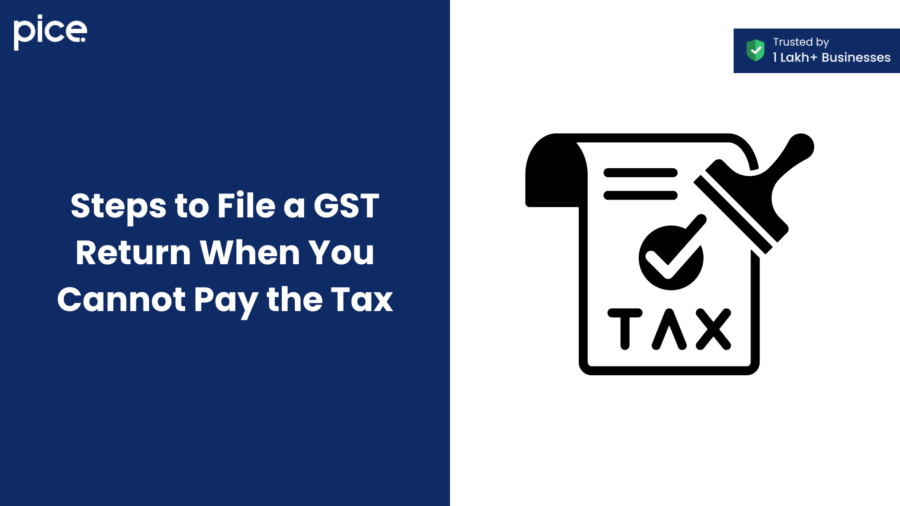
There are times when businesses face cash flow constraints and cannot pay their GST liabilities in full. In such cases, the law still requires the filing of the GST return, but there are certain steps that businesses can take to manage this situation effectively.
Utilizing the GST Portal for Return Filing
The GST portal provides a user-friendly interface for taxpayers to file their returns, even in cases where they cannot immediately pay the tax due. The first step is to log in to the portal and complete the return filing process, including providing all necessary details of outward supplies, input credits, and tax liabilities.
If the taxpayer is unable to pay the tax immediately, they can still submit the return and wait for the system to generate the necessary payment challan. This challan can be used later when the funds are available to make the payment. It’s important to note that while the return is technically filed, it will not be considered complete until the tax is paid, and this could result in penalties or interest accrual.
Options for Delaying Payment and Avoiding Penalties
When a taxpayer is unable to pay their GST liabilities at the time of filing the return, there are a few options to consider. One option is to pay the available amount and use the input tax credit to offset the remaining liability. This partial payment can help reduce the interest and penalties that accrue on the outstanding amount.
Another option is to apply for a payment extension or installment payment plan with the tax authority. This option may be available in certain circumstances, such as financial hardship or temporary cash flow issues. However, it’s crucial to communicate with the tax authority proactively and seek approval for any payment arrangements.
Additionally, businesses should aim to streamline their cash flow and optimize their payment processes to ensure that they can meet their GST obligations on time. This could involve improving the collection of receivables, reducing expenses, or utilizing financing options to bridge any short-term cash flow gaps.
In conclusion, while it is possible to file a GST return without paying the tax under certain circumstances, such as nil returns or when claiming input tax credit, it is essential to understand the legal implications and penalties associated with non-payment. Businesses should take proactive steps to manage their tax liabilities and ensure compliance with GST regulations to avoid any adverse consequences.
FAQs
Can a GST return be filed without tax payment?
Can GSTR1 be filed without payment of tax?
Can GSTR3B be filed without payment of tax?
GSTR-3B can technically be submitted without immediate payment of tax, but the filing will be incomplete until the tax is paid. This may result in interest on the outstanding amount and potential penalties for late payment, making it essential to address any unpaid tax promptly.
 By
By 







